
A sewing thread gauge is an essential tool for any sewing enthusiast or professional. It helps determine the
thickness or weight of various types of thread, enabling you to choose the right one for your sewing projects.
The gauge typically consists of a small rectangular or circular piece of metal or plastic, with various-sized
holes or notches. Each hole or notch is labeled with a specific thread size or weight, usually indicated by a
number or letter. By holding the thread against these holes or notches, you can quickly identify its thickness.
Common thread thicknesses are typically labeled as 30wt, 40wt, 50wt, etc.

Sewing thread gauges are incredibly useful when working on both hand-sewn and machine-sewn projects. They allow
you to match the thread thickness to the fabric weight, ensuring optimal stitch quality and strength. Choosing
the correct thread weight can also prevent issues such as thread breakage or excessive puckering.
In addition to determining thread thickness, some sewing thread gauges also feature markings for measuring
seam allowances, buttonhole lengths, or even needle sizes. These additional features make the gauge a versatile
tool for various sewing tasks.
Sewing thread gauges are affordable, compact, and easy to use. They can be found in most sewing supply stores
or online. Whether you are a beginner or a seasoned sewist, having a sewing thread gauge in your toolkit is
highly recommended.
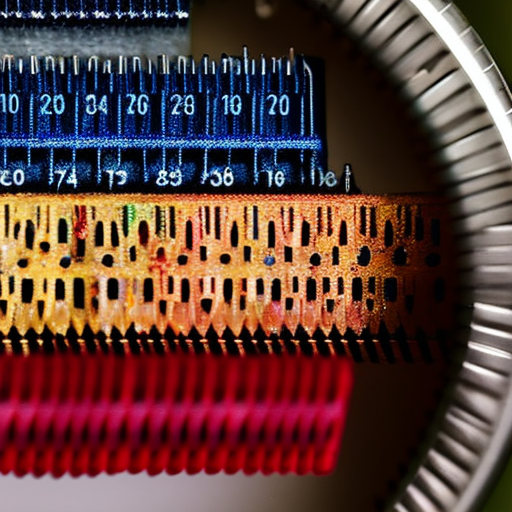
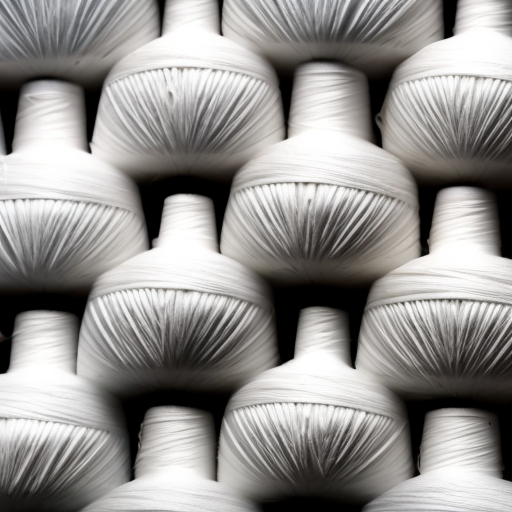
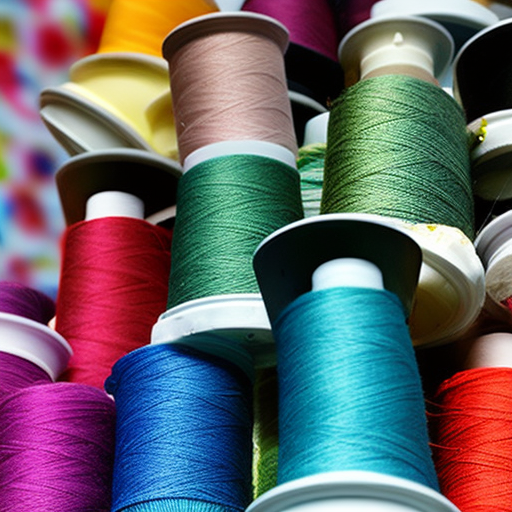
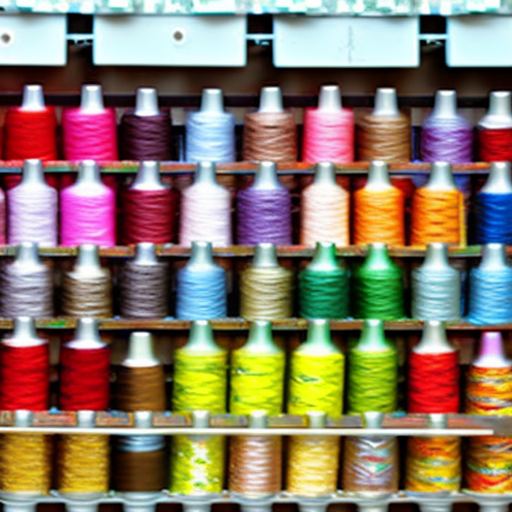
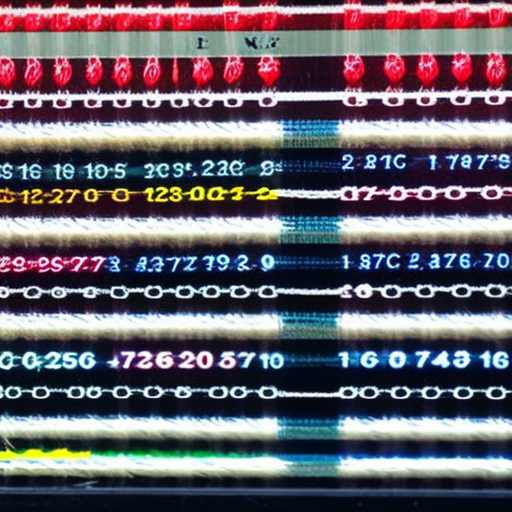
I heard there’s a lot of variety when it comes to types of thread.
This is a great resource for determining what gauge of thread to use for different projects!
Yes, knowing the correct type and gauge of thread is key when it comes to sewing! #sewingtips
Yes, the thread gauge is an important factor for successfull sewing projects. Thanks for sharing this information!